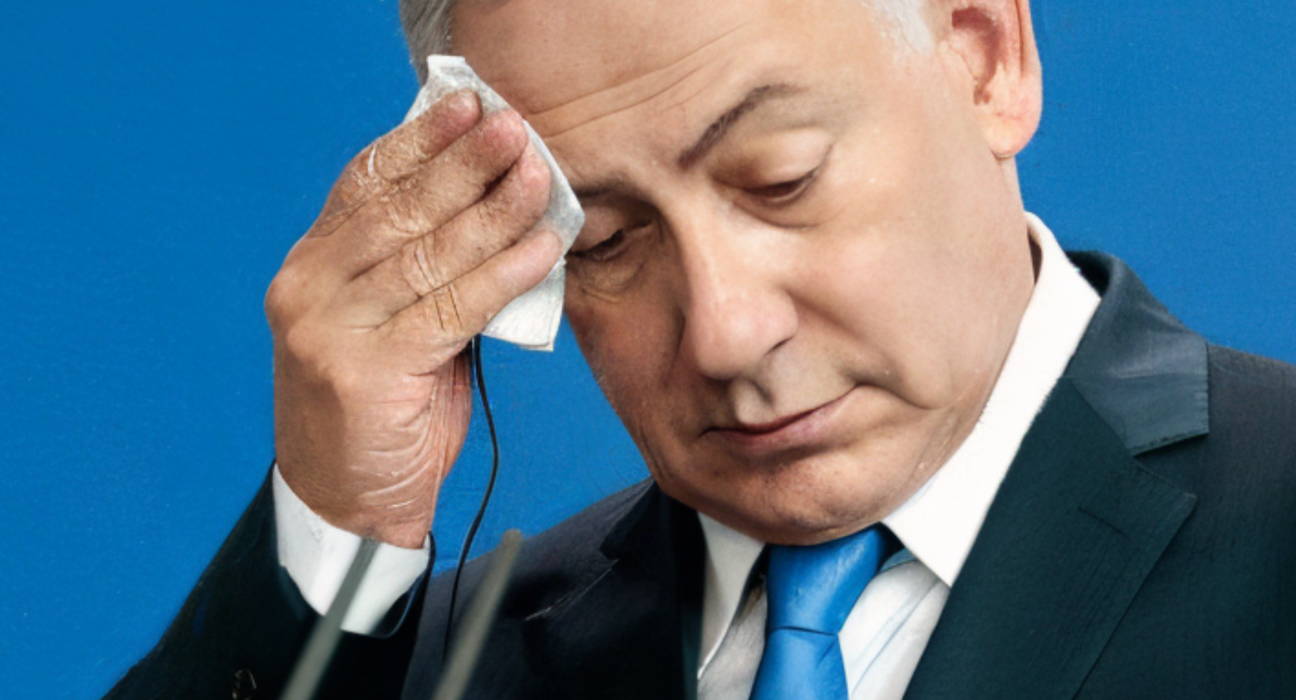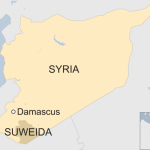British Prime Minister Keir Starmer announced last week that his government would recognize the state of Palestine during the upcoming UN General Assembly session in September unless Israel agrees to a ceasefire in Gaza, allows more humanitarian aid, and commits to long-term peace based on the two-state formula.
Mr. Starmer’s remarks came shortly after French President Emmanuel Macron declared that Paris would recognize Palestinian statehood in September. Canada and Portugal have also expressed their intention to do the same. As the 21-month-long war on Gaza continues, Israel is facing one of its biggest diplomatic crises, with more and more of its traditional Western allies taking a favorable position towards Palestinian statehood.
Of the 193 UN member states, 147 have already recognized the state of Palestine. Until now, powerful Western countries resisted such recognition, insisting it should be part of a final diplomatic settlement to the Israel-Palestine conflict. But that position is shifting.
Among the five permanent members of the UN Security Council, Russia and China have already recognized Palestine. If France and the UK follow through, the United States, Israel’s closest ally, will be isolated at the Council. France, the UK, and Canada are also members of the G7 group of advanced economies, and their recognition could influence other countries to follow suit. Britain’s move carries historic weight, given its role in the 1917 Balfour Declaration, which endorsed the Zionist demand for a Jewish homeland in Palestine.
Moral and Humanitarian Pressure
The first reason for this sudden shift is the moral and humanitarian baggage of the West. These countries have always presented themselves as supporters of humanitarian values. But Israel’s actions in Gaza-turning much of the city into rubble and creating starvation and unlivable conditions-have damaged that image.
After the October 7 attack, Western nations expected Israel to quickly eliminate Hamas and bring back the hostages. While Israel claims to have eliminated about 80% of Hamas, the group still exists. More importantly, all hostages have not been rescued. This has created moral pressure on Western governments to speak against Israel, or else risk losing their credibility on humanitarian grounds.
Israel’s Aggressive Posture
The second reason is Israel’s aggressive military posture after October 7. Israel has not only attacked non-state actors such as Hamas, Hezbollah, and the Houthis but has also engaged in direct conflict with Iran, a sovereign state. This raises serious questions about the Western-led international law and order.
Regardless of Israel’s stated motive-to destroy Iran’s nuclear capabilities-this attack violated the principles of international law and the UN Charter.
Before Donald Trump’s return to the White House in January 2025, the US and European nations maintained close alliances, with Europe avoiding positions that directly opposed Washington’s stance on Israel-Palestine. However, after Trump came to power, he imposed tariffs on European goods and reduced the US security umbrella over Europe. This has given countries like France and the UK more space to take independent stances on the Israel-Palestine conflict, including issuing an ultimatum that if hostilities do not end, they will recognize Palestine as an independent state.
Diplomatic Isolation and Global Opinion
The longer the Gaza conflict continues, the more isolated Israel becomes diplomatically, not only in the Global South but also in parts of the Global North. Public opinion in many Western democracies has shifted, with increasing calls for their governments to recognize Palestinian statehood as a path towards peace. Political leaders are aware that supporting Israel unconditionally could hurt them politically at home.
Boost to Hamas and Impact on Israel
The changed stance of the UK, Canada, and France has given a morale boost to Hamas. On Saturday, Hamas said:
“The resistance and its weapons are a national and legal right as long as the [Israeli] occupation persists… That right cannot be relinquished until our full national rights are restored, foremost among them the establishment of a fully sovereign, independent Palestinian state with Jerusalem as its capital.”
This means that European nations’ recognition statements are being interpreted by Hamas as support for their cause.
It will also be a big diplomatic blow to Israel. Currently, Israel deals with Hamas as a non-state actor. If Palestine becomes a legal state, Israel will lose some of the security control it exercises now.
This could also be seen as a partial success for Hamas. Their October 7 attack aimed to derail the normalization of relations between Israel and Arab nations, and to bring the Palestinian cause back into the international spotlight. With the current developments, that goal looks to be partly achieved and the two state solution does not seem to be far away.




